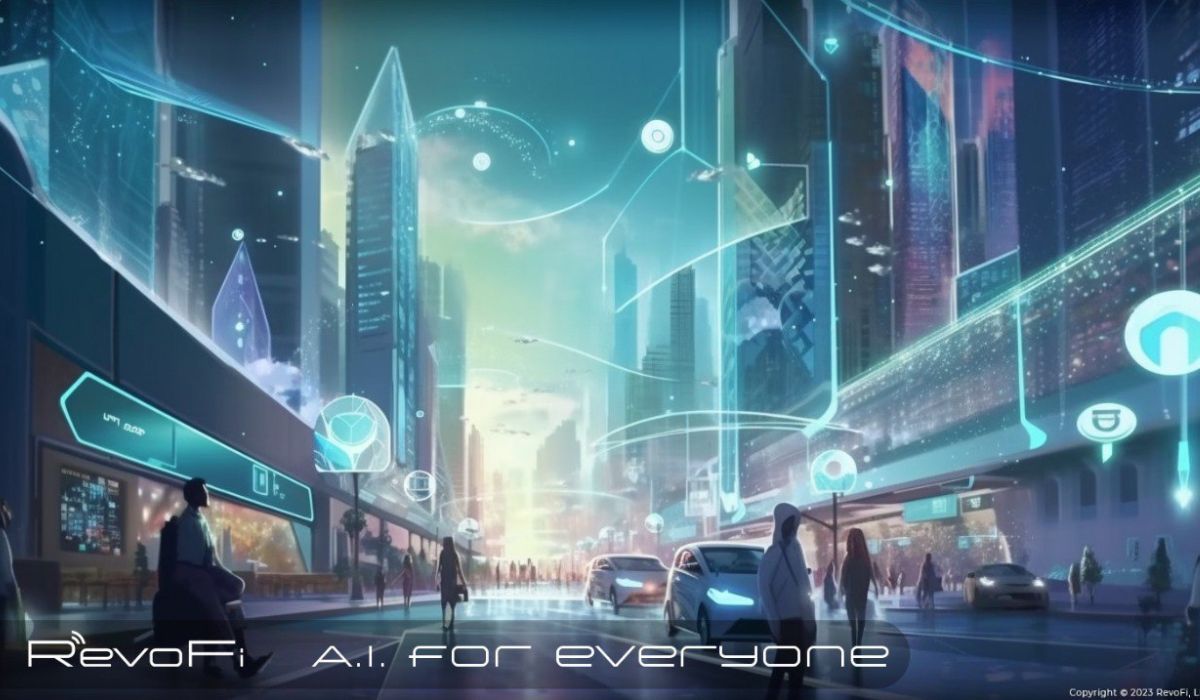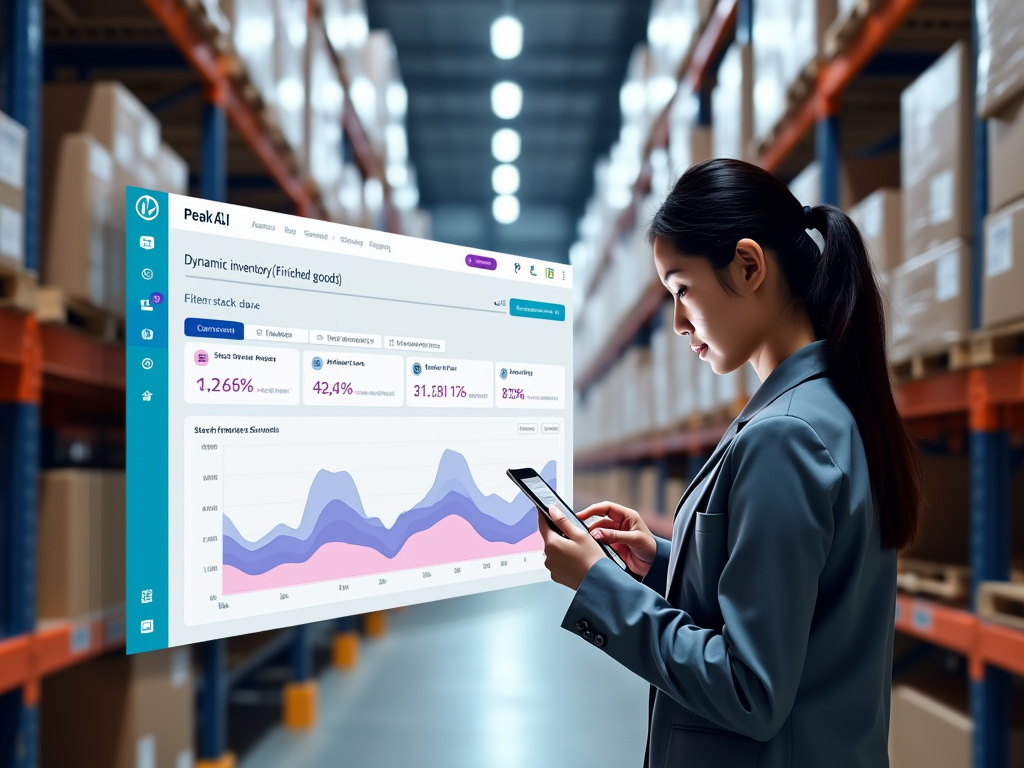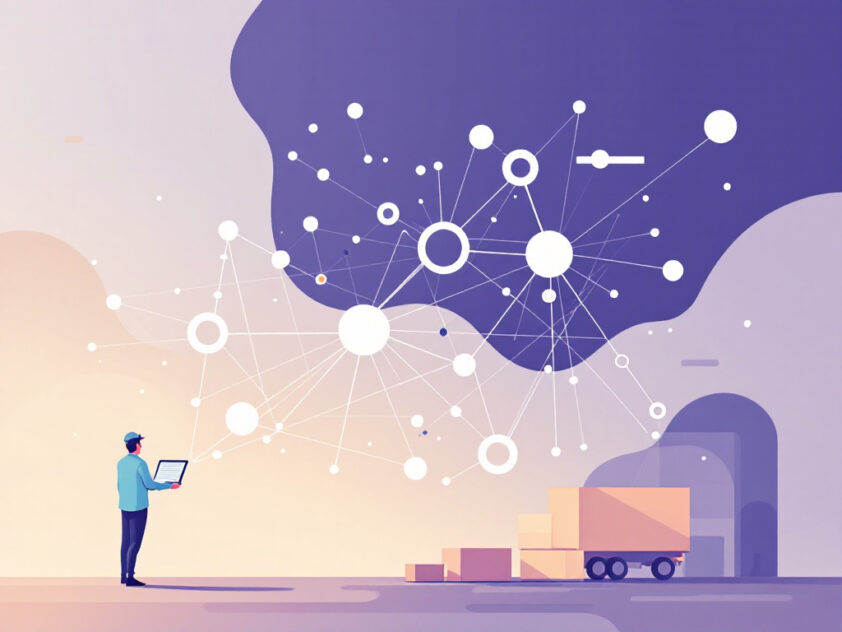Intelligent agents in supply chain management are transforming how businesses handle their operations. These AI-powered tools make supply chains smarter, faster, and more efficient. By automating complex tasks and making quick decisions, intelligent agents help companies stay competitive in today’s market.
Imagine a supply chain that can think for itself, spotting problems before they happen and finding the best solutions in real-time. That’s the power of intelligent agents. They’re like digital helpers that never sleep, always watching over every part of the supply chain to keep things running smoothly.
From tracking inventory to planning the best delivery routes, these AI agents are changing the game. They analyze vast amounts of data to make smart choices, often faster and more accurately than humans. This means fewer delays, less waste, and happier customers.
It’s not just about speed and efficiency. Intelligent agents also help businesses deal with unexpected issues. When something goes wrong – like a supplier delay or a sudden spike in demand – these agents quickly adjust plans to keep the supply chain on track.
We’ll explore how these smart tools are reshaping supply chains and why they’re becoming essential for businesses of all sizes. Discover the exciting world of intelligent agents and how they’re making supply chains work better for everyone.
Applications of AI Agents in Supply Chains
Supply chains face unprecedented volatility today. From geopolitical tensions to climate-driven disruptions, businesses must navigate a changing landscape of risks. Enter AI agents—the digital workhorses transforming how companies respond to the unexpected.
These intelligent systems excel at adaptive decision-making, continuously analyzing vast streams of data to detect emerging issues and simulate potential scenarios. Unlike rigid legacy systems, AI agents can rapidly recalibrate strategies as conditions shift. This agility proves invaluable when confronting sudden transportation delays, supplier failures, or demand spikes.
Consider a manufacturer whose key component supplier unexpectedly shuts down. Within minutes, an AI agent could assess inventory levels, identify alternate vendors, and recommend production adjustments—all before a human planner has finished their morning coffee. This real-time responsiveness can mean the difference between a minor hiccup and a costly production stoppage.
Beyond reactive firefighting, AI agents also enable proactive risk mitigation. By running thousands of simulations, they can stress-test supply chains against various disruption scenarios. This allows companies to shore up vulnerabilities before crises hit. As one supply chain executive noted, “Our AI system identified a single point of failure in our network that we had overlooked for years. Addressing it likely saved us millions in potential losses.”
AI agents are the early warning system and rapid response team that supply chains have always needed. They’re not replacing humans—they’re giving us superpowers.
Of course, implementing AI agents requires careful change management. Many employees initially view them with skepticism or fear. Smart leaders emphasize that AI handles low-value tasks, freeing humans to focus on strategy and relationship-building. With proper training, staff often become enthusiastic AI champions.
The competitive advantages are clear for early adopters. AI-powered supply chains can typically reduce costs by 15-20% while improving on-time delivery by 20-30%. As these technologies mature, the gap between AI-enabled companies and laggards will only widen.
Is your supply chain ready for an AI upgrade? The time to start exploring is now. By embracing these intelligent agents, you can build the responsive, resilient network needed to thrive amidst uncertainty.
Enhancing Supplier Selection with AI Agents
Smart computer programs called AI agents are changing how companies choose their suppliers. These agents use multi-agent systems to negotiate between buyers and sellers. This new approach improves supplier selection in several ways:
- It gives buyers quick access to important information about suppliers.
- It reduces human errors.
- It helps companies pick environmentally friendly suppliers.
Multi-agent systems work by having different AI agents act as buyers and suppliers. They can communicate and share information much faster than humans. This allows companies to evaluate more potential suppliers and make better choices.
A significant benefit is that these AI agents don’t get tired or distracted like humans. They can work continuously, comparing suppliers without making mistakes. This leads to fairer and more accurate supplier evaluations.
Another advantage is that AI agents can easily check if suppliers are following eco-friendly regulations. They can quickly identify suppliers that might harm the environment and help companies choose greener options.
“AI agents are transforming how we select suppliers. They’re faster, smarter, and helping us build more sustainable supply chains.” – Supply Chain Expert
In short, AI agents are making supplier selection smoother, fairer, and better for the planet. As more companies start using these smart tools, we can expect significant improvements in how businesses work with their suppliers.
Decentralized Process Management with AI Agents


The integration of intelligent AI agents into supply chain operations is transforming how organizations approach process management. By facilitating decentralized decision-making and enhancing information flow, these AI-powered systems are creating a new era of efficiency and agility in supply chain coordination.
At the heart of this transformation are three key types of AI agents:
Monitoring Agents
Monitoring agents act as the eyes and ears of the supply chain, continuously gathering and analyzing real-time data from various touchpoints. These agents can detect anomalies, track inventory levels, and monitor production rates with unprecedented accuracy. For example, a monitoring agent might alert stakeholders to an unexpected surge in demand for a particular product, allowing for rapid adjustments to production schedules.
Communication Agents
Communication agents serve as the nervous system of the decentralized process management framework. They facilitate seamless information exchange between different nodes of the supply chain, from suppliers to manufacturers to distributors. By breaking down information silos, these agents enable faster, more informed decision-making across the entire network.
Process Planning Agents
Process planning agents leverage advanced algorithms to optimize workflows and resource allocation. These agents can dynamically adjust production plans, reroute shipments, and even suggest alternative suppliers based on real-time data and predictive analytics. The result is a supply chain that is proactive in its approach to challenges and opportunities.
The synergy between these AI agents creates a decentralized ecosystem where decisions can be made swiftly and autonomously at various levels of the supply chain. This distributed approach to process management offers several compelling advantages:
- Enhanced Flexibility: The ability to adapt quickly to changing market conditions or disruptions
- Improved Efficiency: Streamlined processes and reduced bottlenecks through data-driven optimization
- Increased Resilience: A more robust supply chain that can withstand localized issues without systemic failure
One supply chain executive noted, “Implementing decentralized AI agents has allowed us to reduce decision latency by 40% and improve our overall operational efficiency by 25%.” This underscores the tangible benefits that organizations can reap from embracing this technology.
AI-driven decentralized process management isn’t just about automation—it’s about creating an intelligent, self-organizing supply chain ecosystem that can think and adapt on its feet.
However, the successful implementation of decentralized AI agents requires careful planning and a robust technological infrastructure. Organizations must ensure data quality, establish clear protocols for agent interactions, and maintain human oversight to guarantee ethical and strategic alignment.
The potential for AI-driven decentralized process management in supply chains is immense. From predictive maintenance to dynamic pricing strategies, the applications are limited only by our imagination and innovation. By embracing these technologies, forward-thinking organizations can position themselves at the forefront of the supply chain revolution, ready to meet the challenges of an increasingly complex and fast-paced global marketplace.
Decentralized AI agents are the secret sauce for agile supply chains. They’re not just optimizing processes—they’re redefining how we think about coordination and decision-making in complex systems. #AIinSupplyChain #DecentralizedProcessManagement
Dynamic Inventory Replenishment via AI Agents


Asian woman analyzing inventory data in a warehouse.
AI agents are transforming inventory management by automating and optimizing the replenishment process. These intelligent systems analyze vast amounts of data to identify patterns and predict future demand with remarkable accuracy.
AI agents enable dynamic inventory replenishment by:
- Continuously monitoring sales data, inventory levels, and external factors
- Using machine learning algorithms to detect trends and seasonal fluctuations
- Generating precise demand forecasts for each product
- Automatically triggering reorder requests when stock reaches optimal thresholds
- Adjusting order quantities based on predicted demand
This data-driven approach helps maintain optimal inventory levels, reducing both stockouts and excess inventory. For retailers, the benefits are significant:
- Lower carrying costs by minimizing overstock
- Fewer lost sales due to out-of-stock items
- Improved cash flow from more efficient inventory investment
- Higher customer satisfaction through better product availability
AI-powered replenishment takes the guesswork out of inventory management. By leveraging real-time data and predictive analytics, businesses can respond dynamically to changing demand patterns. This agility is crucial in today’s retail environment.
While implementing AI replenishment systems requires an upfront investment, the long-term savings and efficiency gains make it worthwhile for many retailers. As these technologies advance, dynamic inventory replenishment will likely become the industry standard.
AI doesn’t just react to inventory needs – it anticipates them. This proactive approach is transforming how retailers manage stock and serve customers.
By embracing AI-driven inventory replenishment, businesses can optimize their operations, reduce costs, and stay competitive in an increasingly data-driven marketplace. The future of retail inventory management is dynamic, predictive, and powered by artificial intelligence.
How SmythOS Supports Intelligent Agents in Supply Chain Management
Intelligent agents have transformative potential in supply chain management, and the right platform can make all the difference. SmythOS is a powerful ally, offering tools to streamline the development and deployment of AI-driven supply chain solutions.
At the heart of SmythOS is its intuitive visual workflow builder. This feature allows supply chain professionals and developers to craft complex AI workflows without extensive coding. By visually mapping out decision processes and data flows, SmythOS reduces the time and technical expertise required to create sophisticated supply chain optimization agents.
The platform’s support for multiple AI models is a game-changer. Different aspects of supply chain management, from demand forecasting to inventory optimization, often require specialized AI approaches. SmythOS’s flexibility allows teams to integrate and orchestrate various AI models within a single ecosystem, ensuring each component of the supply chain benefits from the most suitable intelligence.
A crucial feature of SmythOS is its robust debugging environment. In supply chain management, where a single miscalculation can lead to significant losses, the ability to test and refine AI agents is invaluable. SmythOS’s built-in debugging tools provide visibility into agent decision-making processes, allowing teams to identify and correct issues before they impact real-world operations.
Beyond these core features, SmythOS’s enterprise-grade deployment options and integration capabilities ensure that intelligent agents can seamlessly connect with existing supply chain systems and data sources. This interoperability is crucial for creating a cohesive and intelligent supply chain ecosystem.
As supply chains grow in complexity and face unprecedented challenges, the need for intelligent, adaptive management systems has never been greater. SmythOS provides the foundation for organizations to build next-generation supply chain solutions. By lowering the barriers to AI implementation and offering powerful tools for agent development, SmythOS is democratizing access to advanced AI capabilities across the industry.
For businesses looking to stay ahead in a competitive and unpredictable global market, exploring SmythOS’s capabilities could be the first step towards a more resilient, efficient, and intelligent supply chain. The future of supply chain management is intelligent, adaptive, and powered by platforms like SmythOS that put the power of AI in the hands of those who understand the challenges best.
